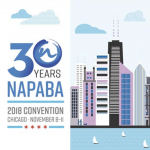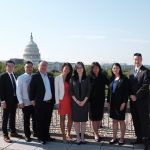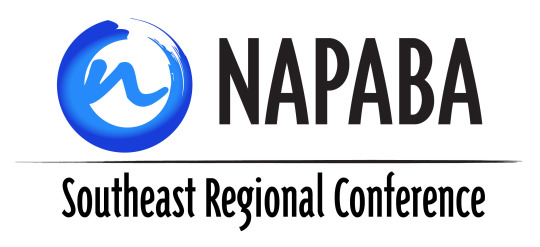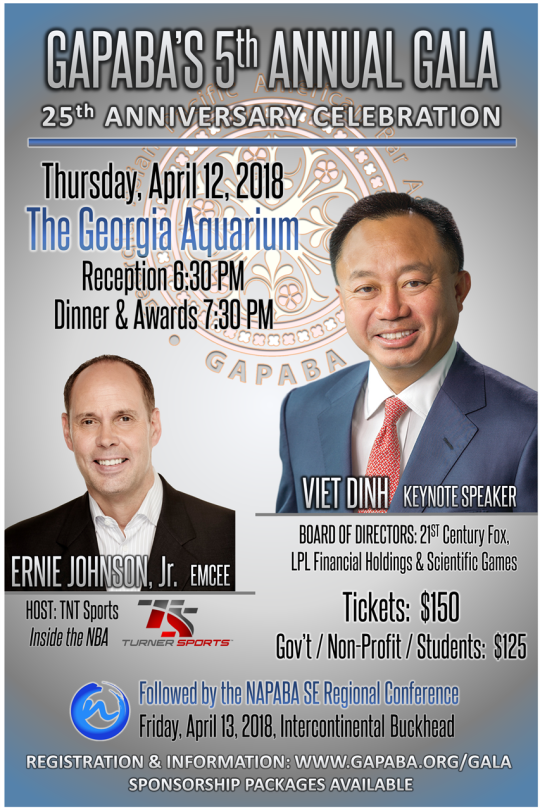Two weeks left!
Registration Closes April 6, 2018
Click here to Register
Join us for NAPABA’s 2018 Lobby Day in Washington, DC, from May 7-8, 2018. This event is an opportunity for NAPABA members from across the country to meet and discuss with members of Congress and congressional staffers about important issues for the Asian Pacific American and legal community.
Participants will meet with legislators and voice their perspectives on a range of topics. As a participant, NAPABA provides all training and materials you need to meet with legislators on Capitol Hill.
In 2018, a few key issues Lobby Day will showcase are:
- Protecting the Legal Services Corporation
- Continuing the Public Service Loan Forgiveness Program
- Supporting the Adoptee Citizenship Act of 2018
- Honoring Chinese American Veterans of World War II
Congressional Reception
In celebration of Asian Pacific American Heritage Month in May, NAPABA will host a Congressional Reception. The reception will bring together Lobby Day participants, members of Congress and their staff, and leaders in the Asian Pacific American community. This event is open to the public, including NAPABA members who are unable to participate in Lobby Day.
Hotel | Limited rooms still available until April 6
NAPABA has secured a room block through Hyatt Place Washington DC/U.S. Capitol.
Rate: $229 king plus applicable taxes & fees.
If you are having any problems with reserving your room at the Hyatt, please contact Oriene Shin at 202-775-9555 or at[email protected].
More 2018 Lobby Day information can be found here.






